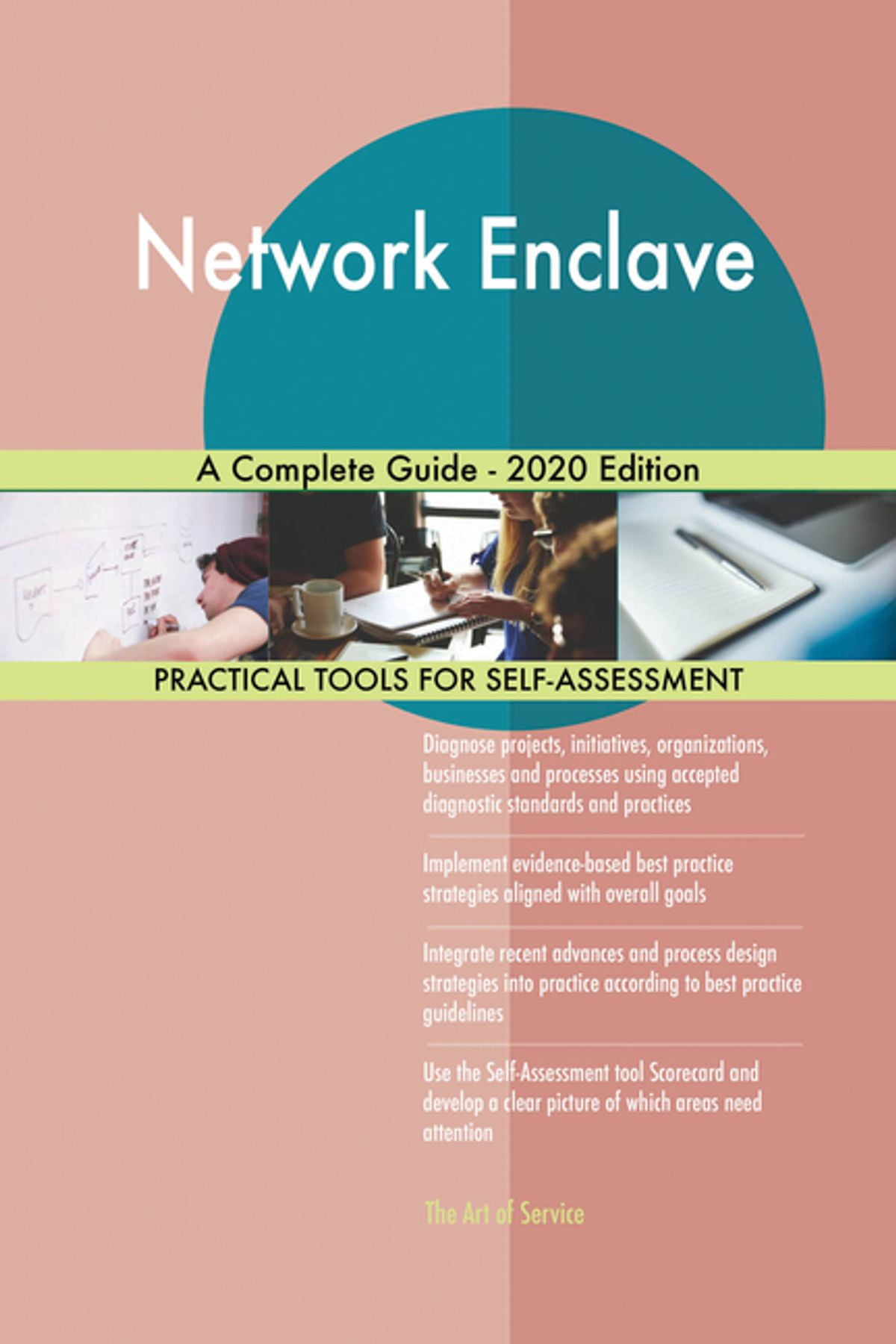
It is violent and ugly bright, not unlike the “blank and pitiless” gaze from W.B. Light does not illuminate – it sneaks up, heats up, blinds and glares. Opening a window in your own home is enough to alert the security forces. The world is hotter than our own, so everyone lives indoors in temperature-controlled environments. People are led to believe that the widespread camera surveillance and armies of drones keep them safe. She has grown up in a walled town ruled by a Chairman and controlled by an Agency full of identity-less men in charcoal suits, backed up by security forces. She has recently completed her undergraduate degree and is about to enrol in a Masters of Pure Mathematics.

The third-person narrative is told from the perspective of Christine, who is soon to turn 21.


Divided into two parts, the novel opens in a dystopian society just enough like our own to be disconcerting. Such small imaginations also inhabit the world of Enclave. Coleman’s third novel, Enclave, a few days after the US Supreme Court overturned the Roe v Wade judgement, a political victory for a conservative project many years in the making.Īs Michael Bradley argues in his recent article in Crikey, those driving this project “want to live in the America of their small imaginations: white, straight, patriarchal, Christian and mean”.


 0 kommentar(er)
0 kommentar(er)
